
What Is A Decision Tree & How To Make One (+ 16 Templates)

A business decision is like a domino effect. A single choice can set off a sequence of situations and outcomes.
Your goal as a business owner is to make decisions resulting in the best possible outcome for your business. This task would be difficult if you don’t prepare which possible decisions you’ll make in any given situation and the potential outcomes branching off it.
To do this correctly, you need a decision tree in place.
This post discusses decision trees and their importance when making tough business choices. Then it shares with you how to create this flowchart type using Visme.
Here’s a short selection of 8 easy-to-edit decision tree templates you can edit, share and download with Visme. View more templates below:
Table of Contents
- What Is a Decision Tree?
- When Should You Use a Decision Tree?
- How to Create a Decision Tree
- 16 Decision Tree Templates
Quick Read
- A decision tree is a visual tool that maps out the potential outcomes for a set of choices in a situation.
- Using a decision tree helps you visualize your decision-making process, break down complex decisions, assess the risks associated with different choices and arrive at the best possible solution.
- Creating a decision tree involves these key steps: list down possible courses of action from your big decision, build your decision tree with Visme, determine the consequences of each outcome and focus on the end result of decisions.
- Visme provides an extensive library of customizable decision tree templates to help your business make better decisions. Edit your template, add interactive elements and collaborate with your team members in Visme.
What Is a Decision Tree?
A decision tree maps out the potential outcomes for a set of choices in a situation.
Here’s an example of a decision tree:

As you can see, various elements compose a decision tree. The most prominent are the nodes, which refer to the decisions and chances (or outcomes). Decision nodes take the shape of a square, while chance nodes come in circles.
A decision tree starts with a root node representing the problem you want to solve, which then branches out to other nodes.
The tree extends to even more alternative branches and nodes. The more decisions to be made, the more possible outcomes one can reach and the bigger the tree will be.
Once a branch has exhausted all possible decisions, it concludes with an end node in the form of a triangle representing the outcome of that branch. Each branch has a different outcome dictated by the available decisions one can make.
Hey executives!
Looking to cut design costs?
- Spend less time on presentations and more time strategizing
- Ensure your brand looks and feels visually consistent across all your organization's documents
- Impress clients and stakeholders with boardroom ready presentations

Decision Tree vs Flowchart
Flowcharts are commonly used to define and visualize the different steps and activities involved in a particular process or workflow.
Decision trees are used to visualize a decision-making process. While flowcharts are versatile and depict entire processes, decision trees are specialized tools for analyzing decisions and their implications.
When Should You Use a Decision Tree?
Most questions don't have a simple "yes" or "no" answer. Some don't even have a wrong answer. But by using a decision tree, you and your organization should be able to arrive at the best possible solution.
By plotting out possible decisions and outcomes, you can attack the problem knowing which paths you can take and their consequences.
At the same time, decision trees can also break down complex processes in your business.
If you have new hires or are working with new clients, this flowchart type should communicate how your organization operates. This way, they can better understand your workflows and adapt to them more seamlessly.
Decision trees also provide data and probabilities based on research, which are critical when making choices.
Often, our judgments are clouded by bias and emotions, which prevents us from deciding the best course of action in a given situation.
By laying out everything you and stakeholders need to know about a situation, including the positive and negative outcomes, you can make decisions that will put your organization at an advantage.
And by choosing the decision that will produce the best possible decision, you can properly allot your time and resources to achieve this goal instead of wandering aimlessly with no clear objective.
How to Create a Decision Tree
Using Visme, you can create clear and effective decision trees for your business presentations. Below are steps you must follow:
List Down Possible Courses of Action From Your “Big Decision”
First, your decision tree must start with the situation you’re trying to solve.
Next, research the choices that would prop from the big decision. You should then be able to determine the chances of a decision happening or taking place. This way, you can narrow the choices in your decision tree based on those with the highest likelihood of happening.
Build Your Decision Tree with Visme
Using Visme’s editor, you can drag and drop shapes, lines and other graphics onto the canvas to create your decision tree.
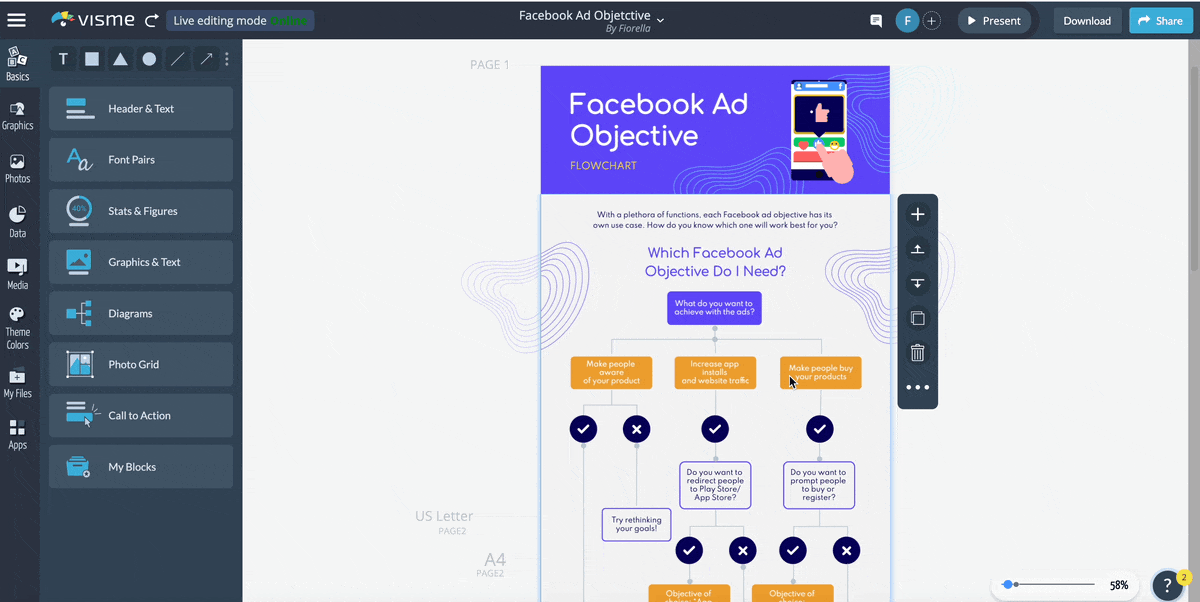
You can resize and change the colors of the decision tree shapes to achieve the look and feel of your decision tree.
To make your decision tree more dynamic, use interactive content tools to add elements like content blocks, pages, and more.

You can also drag buttons, menus, pop-ups and even a table of contents with links people can click on onto the canvas. Then share the decision tree online for users to interact with these elements.
Use Visme’s AI text generator to generate detailed descriptions for each decision node and outcome in the decision tree. For decision outcomes that require specific actions, you can also pair this tool with Visme’s action plan templates to draft concrete action plans.
Determine the Financials of Each Outcome
Showing the consequences of each outcome in your decision tree is important, especially if the decision is finance-based.
This is where your research will also come in handy. You want to present options that will save your organization money in the long run without compromising on the results.
Determining the risks and rewards of each outcome depends on your dataset.
For instance, if your decision tree is about developing a marketing campaign for your latest product, you must include the cost of each decision, such as the following:
- Tactics to use, such as paid advertising, social media, and/or email marketing
- Tools to use or build one in-house
- Hire freelancers and agencies, or assemble a marketing team internally
Identify other financial variables at play so you can build a decision tree to help people make the right choice.
Focus on the End Result of Decisions
Aside from the cost, you want to note the possible impact each decision will result on your business.
Just because a particular decision may be costly doesn’t disqualify it from being a viable choice. On the contrary, it could produce the best results and generate the highest ROI for your organization.
To help you create a decision tree that properly fleshes out the outcomes on Visme, provide access to team members and work on it together.
Collaborate with researchers and teams responsible for the decision-making process to add their feedback and make changes directly to the decision tree if necessary. Use the Workflow feature to assign tasks and manage roles, progress, deadlines, and corrections–all in one place.
16 Decision Tree Templates
To help you jumpstart your decision tree, use any of Visme’s templates below. Choose one that is close to what you wish to create for your organization and make the necessary edits.
1. Facebook Ad Objective Flowchart
Running a Facebook Ads campaign helps get the word out about business effectively. But you have first to determine your ad campaign objectives, which is what this template helps you determine. It breaks down the different choices you can make on any chosen goal.
2. Data Science Career Flowchart
There are many jobs in the data science field, each of which plays off a person's strengths and interests. This template helps people in your organization gauge their interest level in becoming data scientists, the different job types and what it takes to become one.
3. Real Estate Flowchart
“What should I get, a home or a condo?” This is probably a question real estate agents get all the time. And to help them answer their prospects properly, they can use this template that breaks down the deciding factors regarding which type of property to buy.
4. Which Phone Should I Buy Flowchart
iPhones and Android phones are the most popular smartphones available, so it's easy to see why most people are torn when choosing between the two. If your store is carrying both devices, use this yes-no decision tree template to show consumers their differences to help them decide which one to get.
5. Online Store Flowchart
This template is perfect for agencies with clients looking to integrate an online store into their website. This sales decision tree runs down the different factors clients must meet to run an e-commerce site successfully. They can also use this to determine whether local businesses are ready to take their store online.
6. Google Sheet vs Excel Flowchart
It's another template that pits two similar products against each other: Microsoft Excel and Google Sheets. If you help organizations improve their processes and productivity, use this template to showcase the differences between the two.
7. Build vs Buy Software Decision Tree
Building and buying software to help run your organization has its pros and cons. This template should help you break each factor down further by computing their respective costs to determine which of the two is the most feasible for your business.
8. Logo Design Decision Tree
Designing a new logo or updating an old one is a huge undertaking for your small business brand. Using this design decision tree template, your agency can guide clients regarding this crucial business step and help them understand the best course of action.
9. Invest in Cryptocurrency Decision Tree
Cryptocurrency is all the rage nowadays—should you strike while the iron's hot and invest in these digital currencies? This business decision tree template should prove valuable to financial advisors who want to educate people about the risks and rewards of investing in crypto.
10. Brand Color Decision Tree
Similar to logo design, the choice of colors for one's brand will have a psychological effect on its target audience. Agencies can put this template to good use if they're helping organizations decide which colors to choose as part of their brand identity.
11. How Card Transactions Work Decision Tree
If you want to teach cardholders how to use your brand new card for transactions, this handy template should explain everything to them in a straightforward manner. Include this decision tree as a brochure and the card they'll receive from you.
12. Paid Fonts vs Free Fonts Decision Tree
There’s not much difference between paid and free fonts aside from shelling out cash for the former. Use this template to help communicate to your clients what separates one from the other and which one they should go with.
13. Recruitment Process Decision Tree
Hiring the right person for the job isn't as straightforward as it seems, as shown in this decision tree template. There are variables your HR manager must weigh, from identifying recruitment needs down to conducting the final interview.
14. How to Choose the Right Supplier Decision Tree
This template lists the advantages and disadvantages each supplier brings to your business. This way, they can cross-reference the suppliers and choose the one that best benefits their organization.
15. SEO vs SEM vs PPC Decision Tree
Deciding which marketing campaign to pursue growing one's online business boils down to these three options. Decision making tree template enables you to create a visual guide and communicate the strengths and weaknesses of each to help your clients promote their business more effectively.
16. Project Development Decision Tree
A lot is going on in project development and keeping track of the resources and processes involved is difficult. So, it is impossible to do everything correctly and on time unless you have a handy decision tree like this template.
Make Better Business Decisions with Help from Visme
Making decision trees to guide your organization's better judgment is a no-brainer. And just when you think plotting out a decision tree from scratch would be difficult due to your lack of design skills, Visme comes in and saves the day.
Using the templates above, you can just edit the text, images and colors to create your decision tree in minutes. Then share it with your team members so you can work on the best possible decision tree together for your company.
You really don’t have to think about it—go to Visme’s flowchart maker and get working on your decision tree.
Create Stunning Content!
Design visual brand experiences for your business whether you are a seasoned designer or a total novice.
Try Visme for free


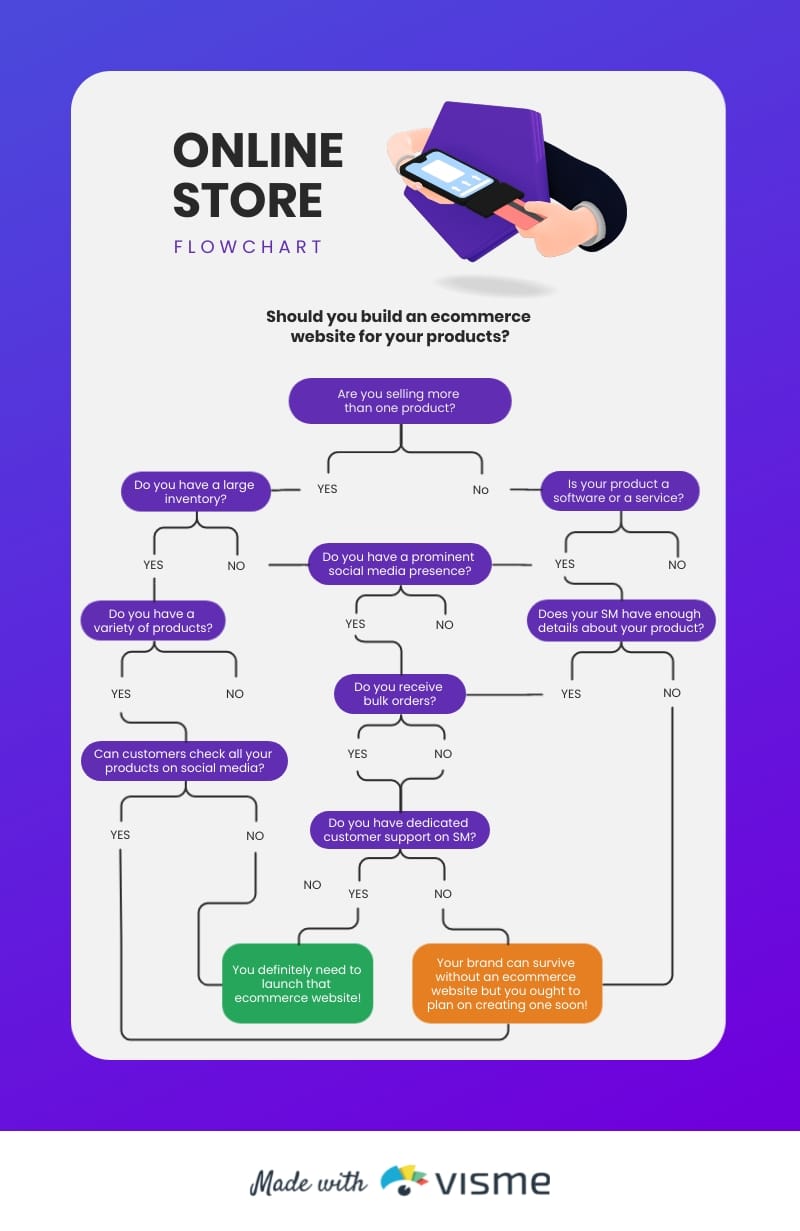
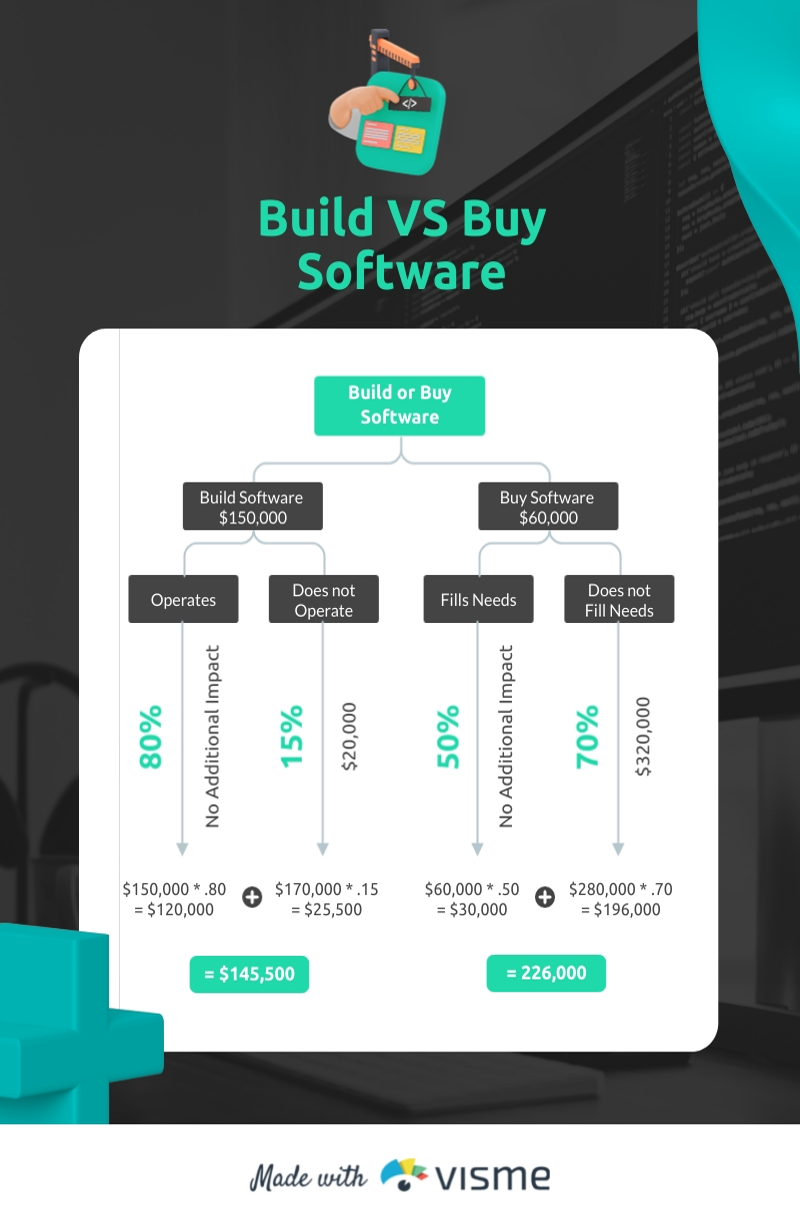

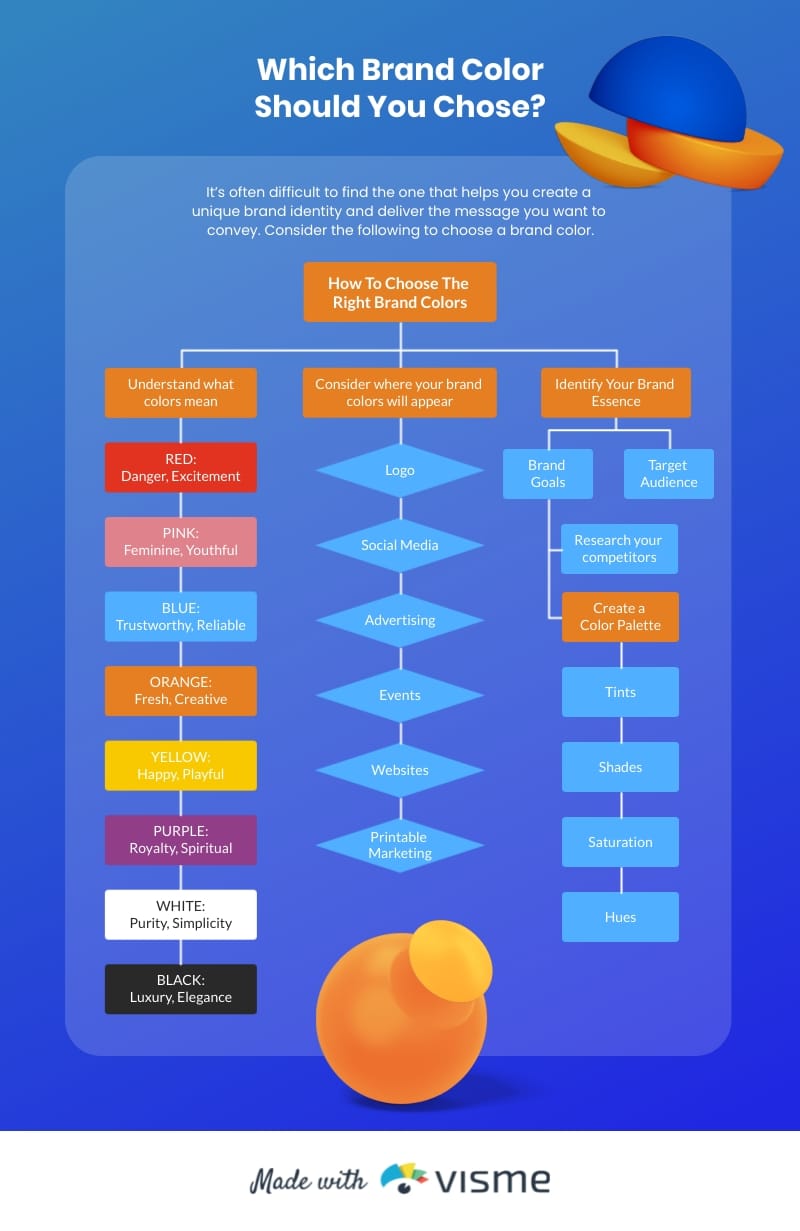






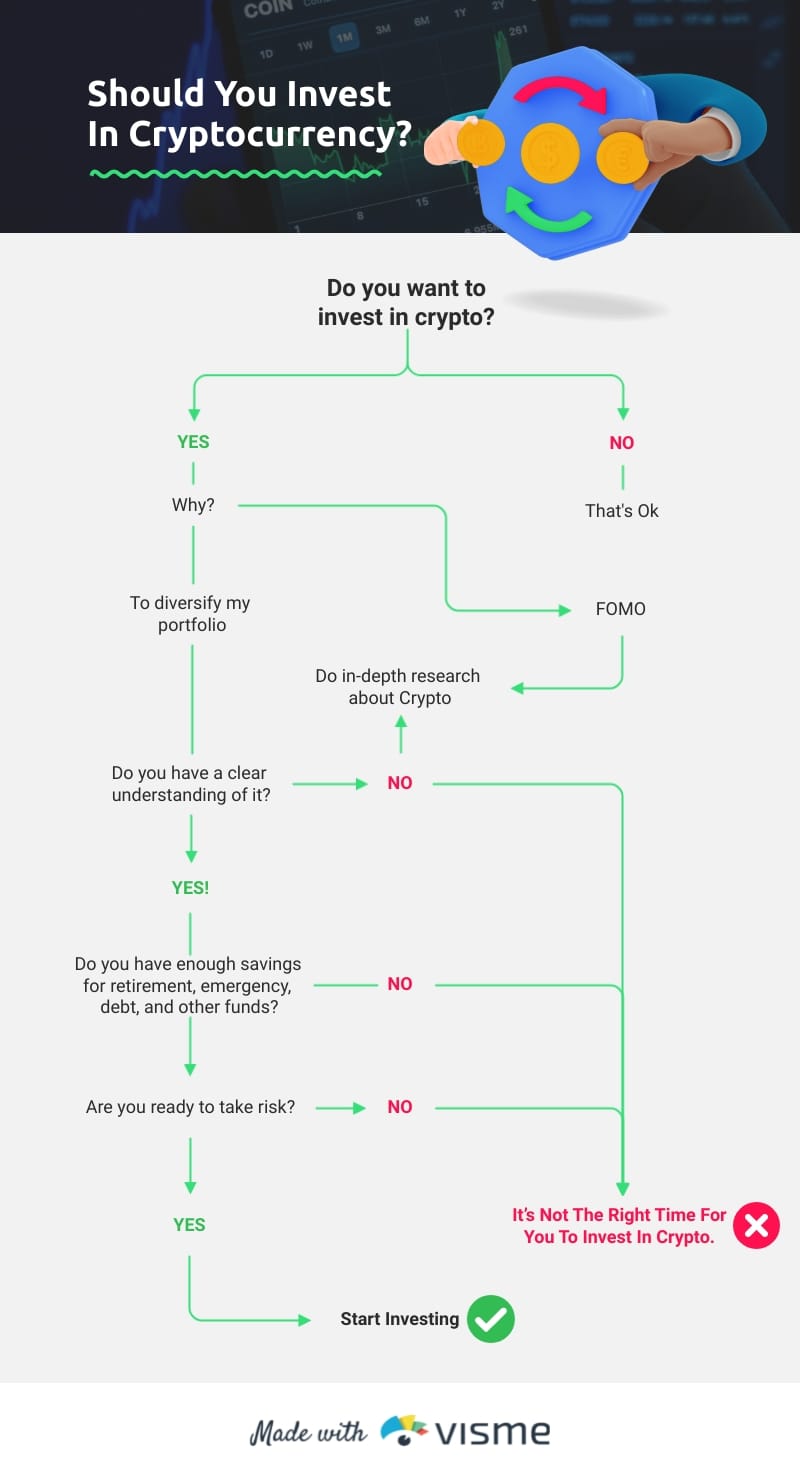
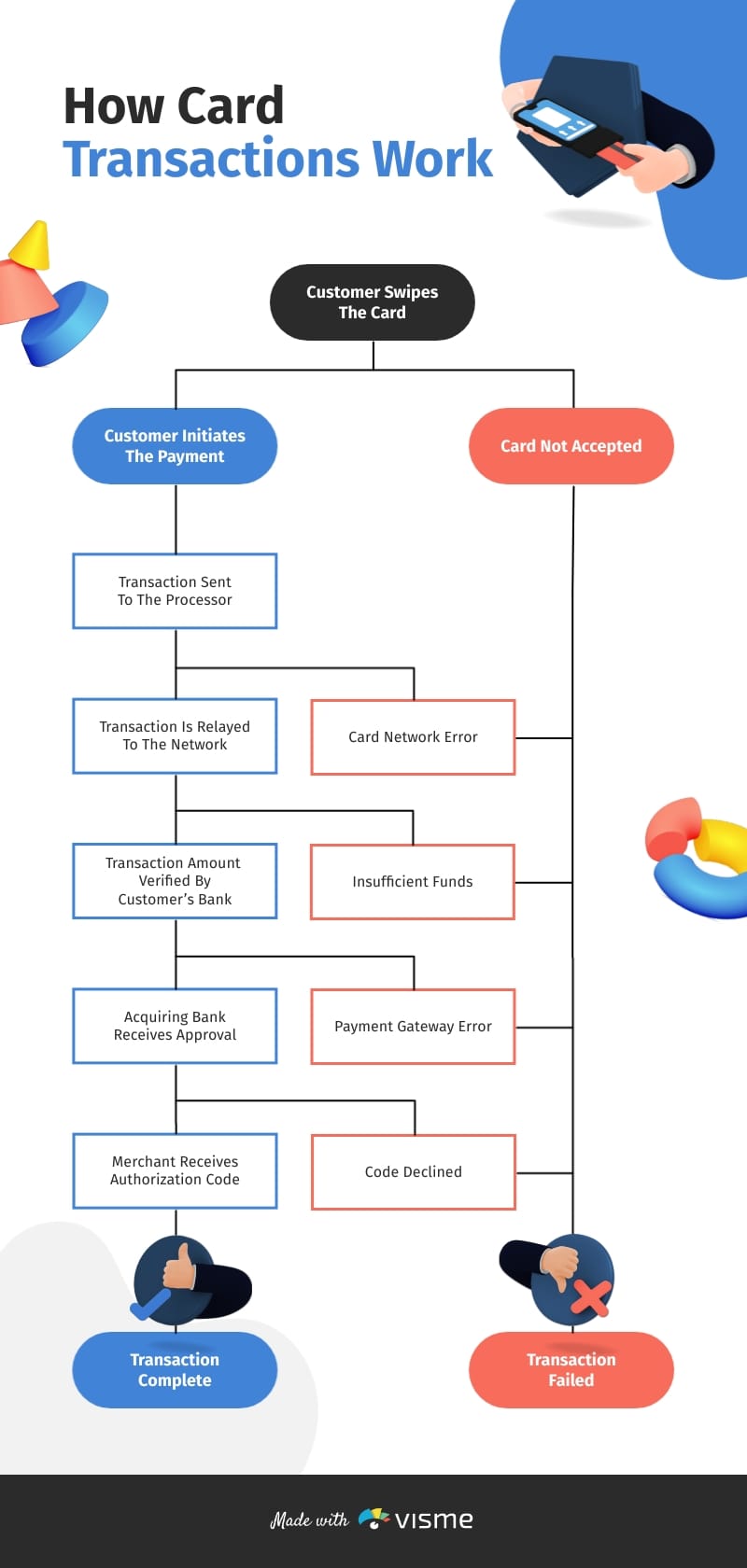
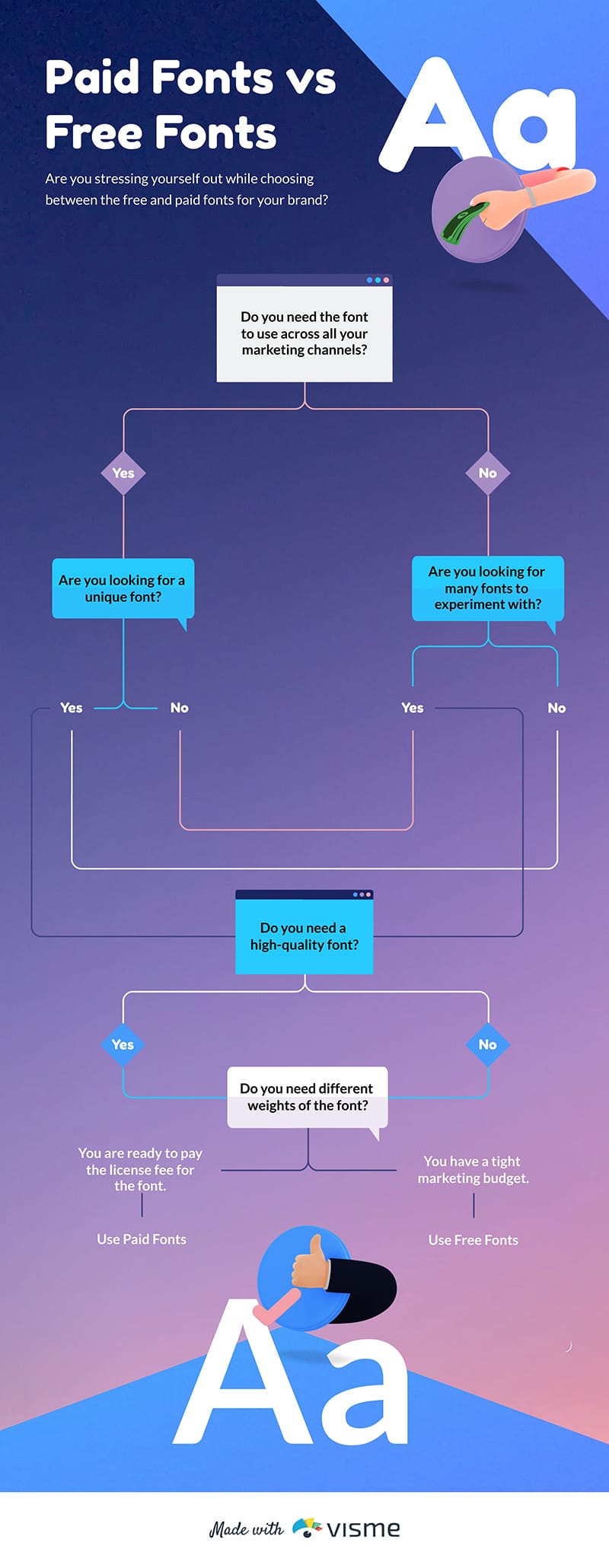







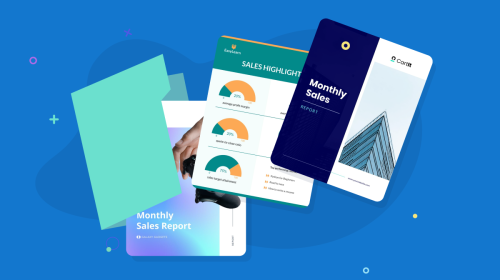

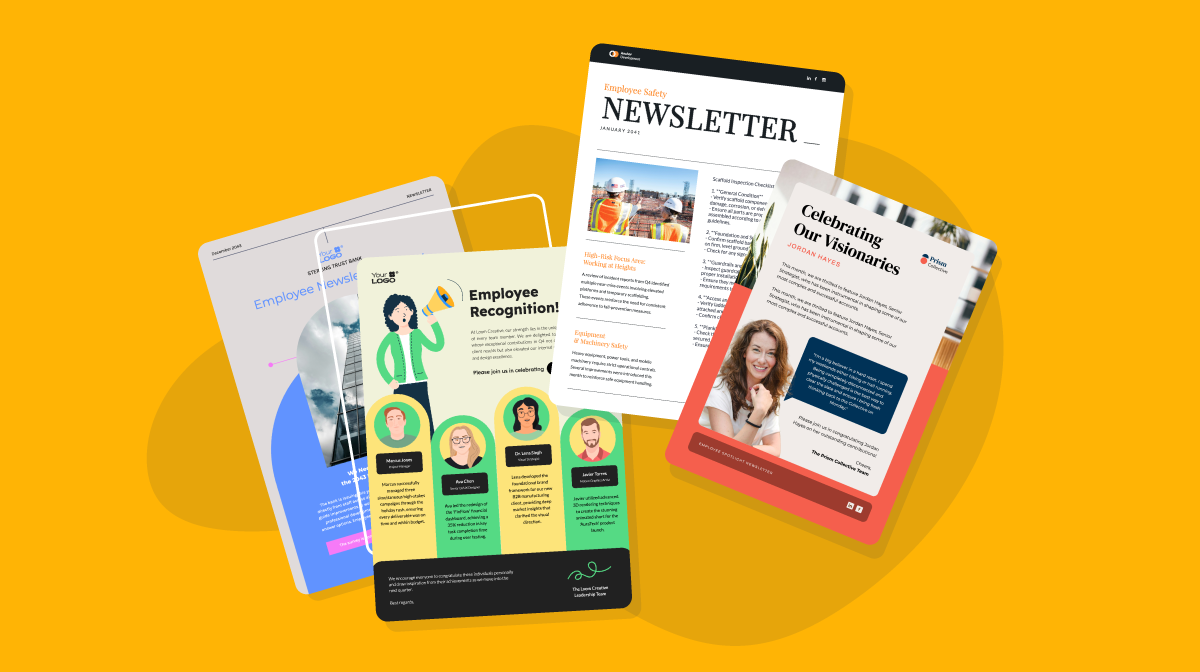
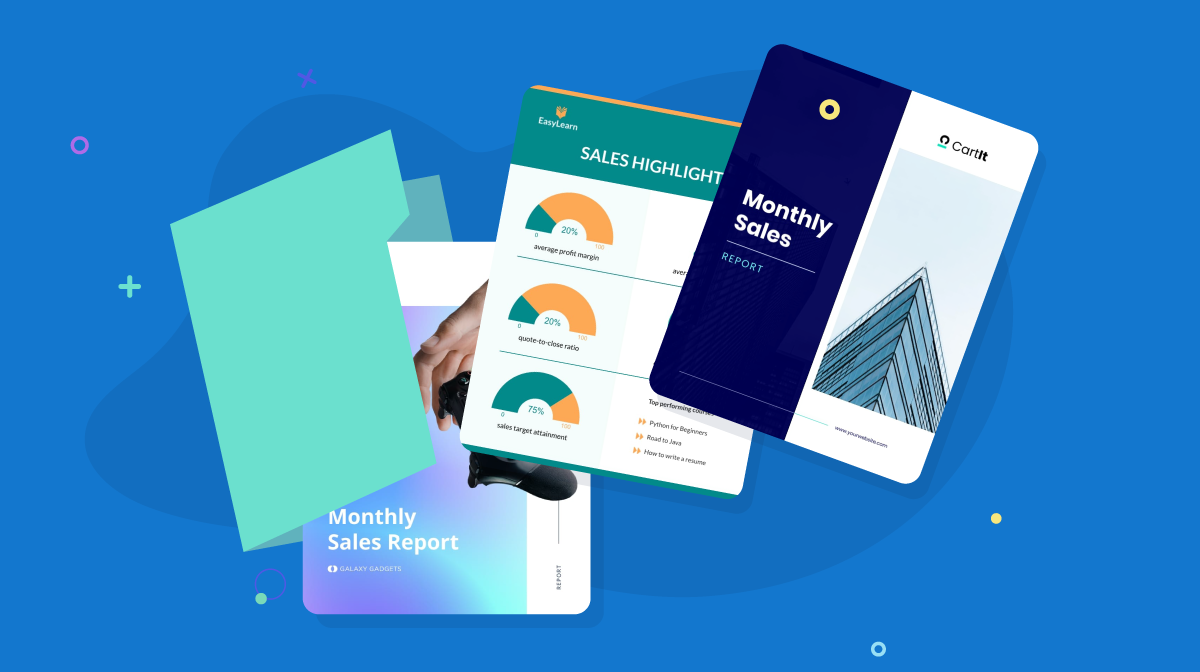

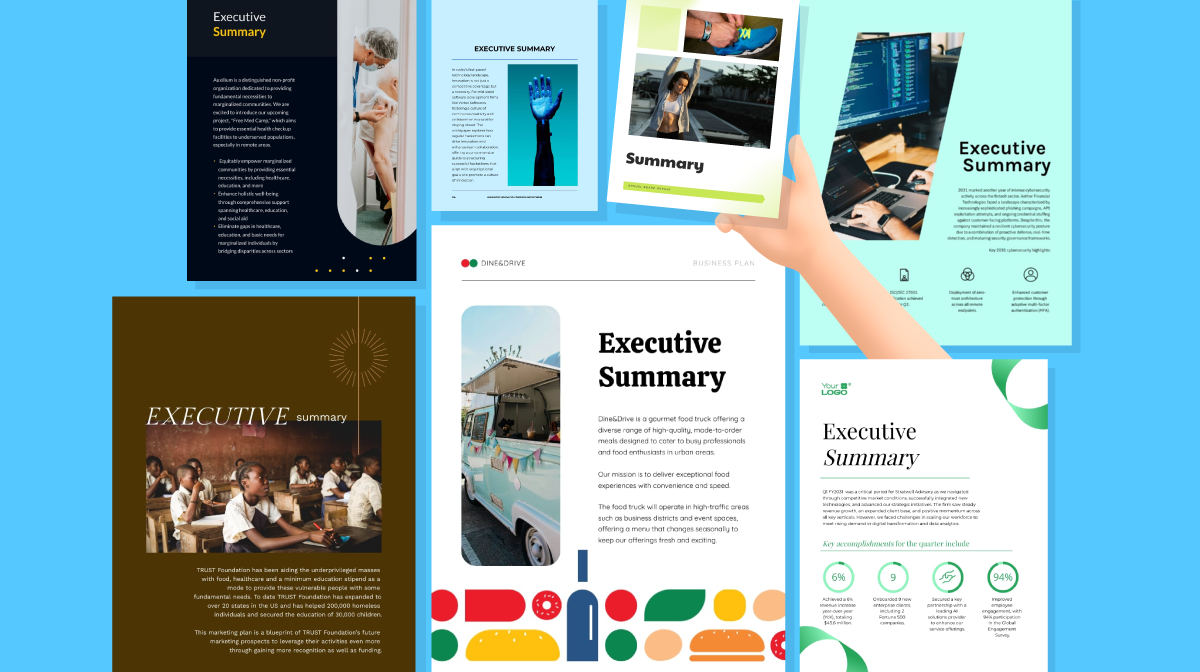
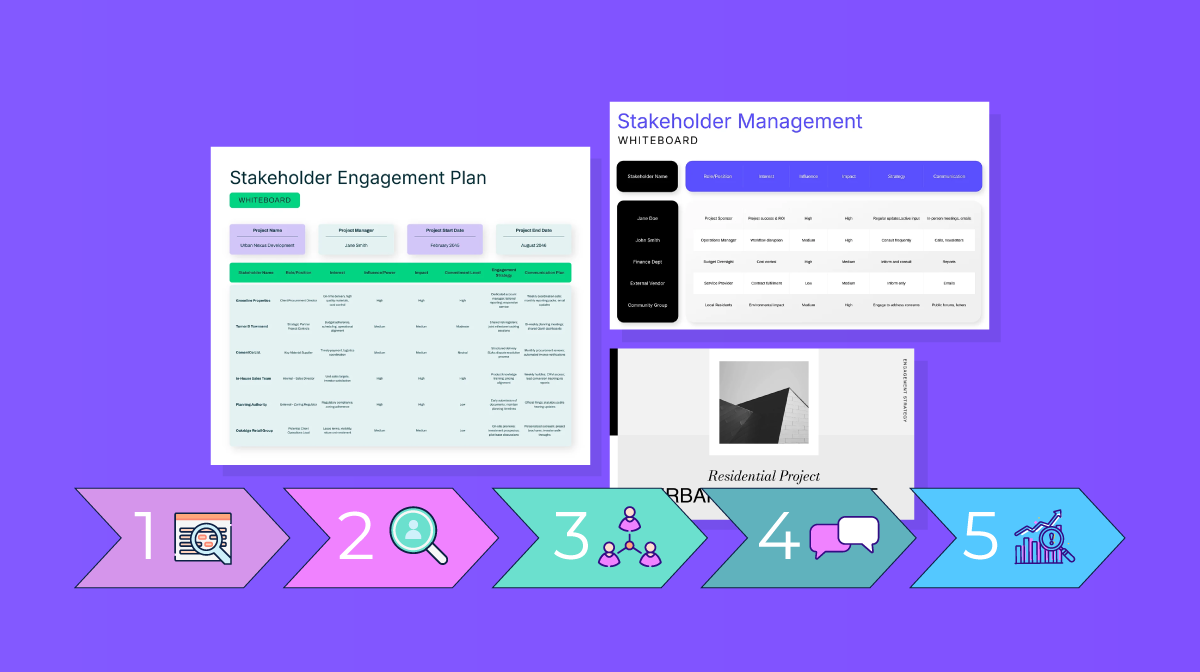
![How to Create a Practical Crisis Management Plan [+ Templates]](https://visme.co/blog/wp-content/uploads/2025/07/How-to-Create-a-Practical-Crisis-Management-Plan-Thumbnail.png)